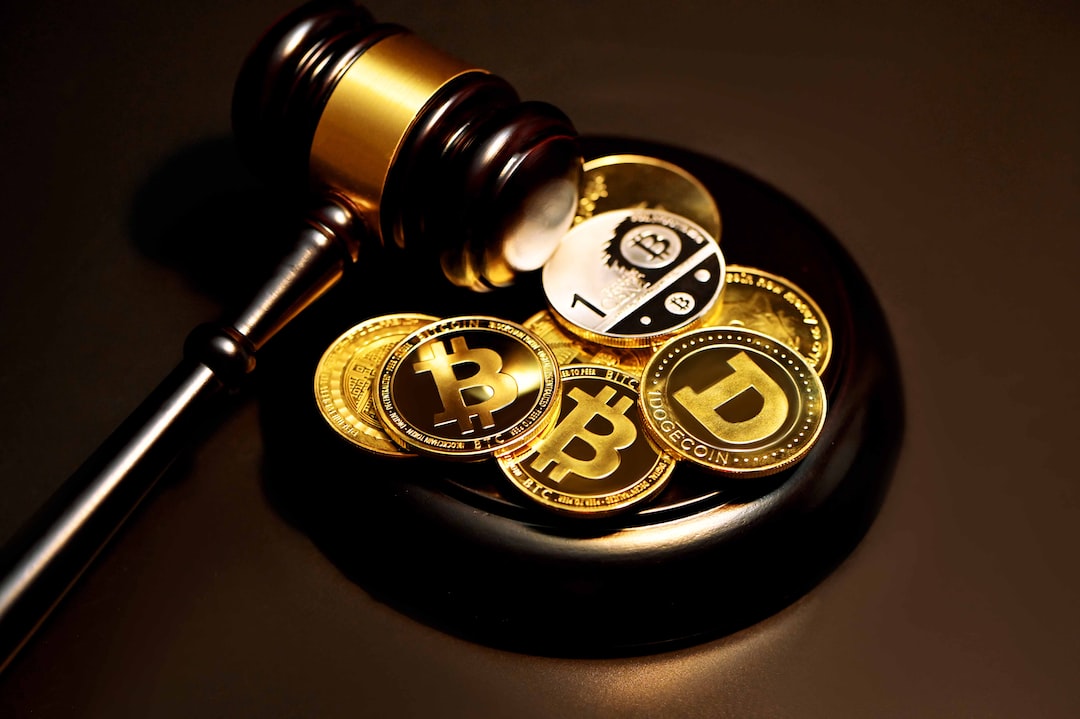Digital Asset Anti-Money Laundering Act Gains Support
A group of nine U.S. lawmakers has joined Senators Elizabeth Warren, Roger Marshall, Joe Manchin, and Lindsey Graham in supporting the Digital Asset Anti-Money Laundering Act. The purpose of the bill is to close loopholes in existing laws and ensure that cryptocurrency companies comply with anti-money laundering and countering the financing of terrorism frameworks. The bill was initially introduced by Senator Warren in December of last year and was reintroduced in July. However, experts argue that this bill infringes on personal freedom and privacy for crypto users.
More Lawmakers Back the Bill
Last week, an additional nine U.S. Senators announced their support for the bill. Senator Catherine Cortez Masto emphasized the importance of stopping criminal organizations from using cryptocurrencies to fund illegal activities. She stated that the bill would hold cryptocurrency companies accountable and close loopholes exploited by criminals. Various organizations have also endorsed the bill, including the Bank Policy Institute and Transparency International U.S.
Key Provisions of the Bill
The Digital Asset Anti-Money Laundering Act would extend Bank Secrecy Act responsibilities to digital asset wallet providers, miners, validators, and other network participants involved in digital asset transactions. It would also address the issue of “unhosted” digital wallets by requiring banks and money service businesses to verify identities and keep records for certain digital asset transactions. Additionally, the bill aims to extend BSA rules to include digital assets in relation to foreign bank accounts, requiring individuals engaged in significant digital asset transactions offshore to file a report with the IRS.
Hot Take: Striking a Balance between Regulation and Privacy
The Digital Asset Anti-Money Laundering Act has gained significant support from lawmakers and organizations seeking to regulate the cryptocurrency industry. However, critics argue that the bill infringes on personal freedom and privacy rights. While it is essential to combat illicit finance and ensure compliance with anti-money laundering measures, it is crucial to strike a balance between regulation and preserving individuals’ privacy in the digital asset space. As the bill progresses, it will be important to consider these concerns and find a solution that achieves both security and privacy.





 By
By
 By
By
 By
By
 By
By
 By
By